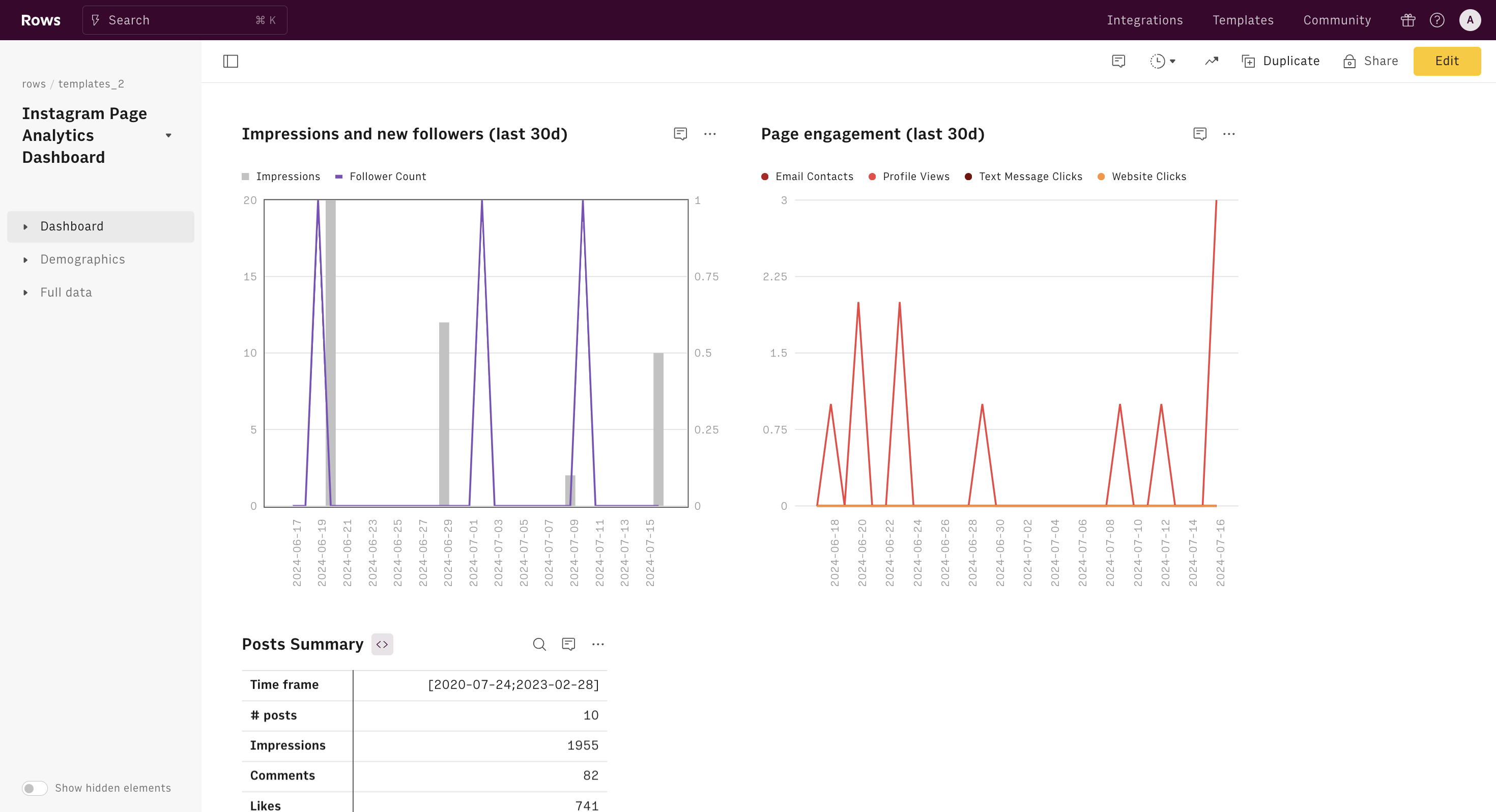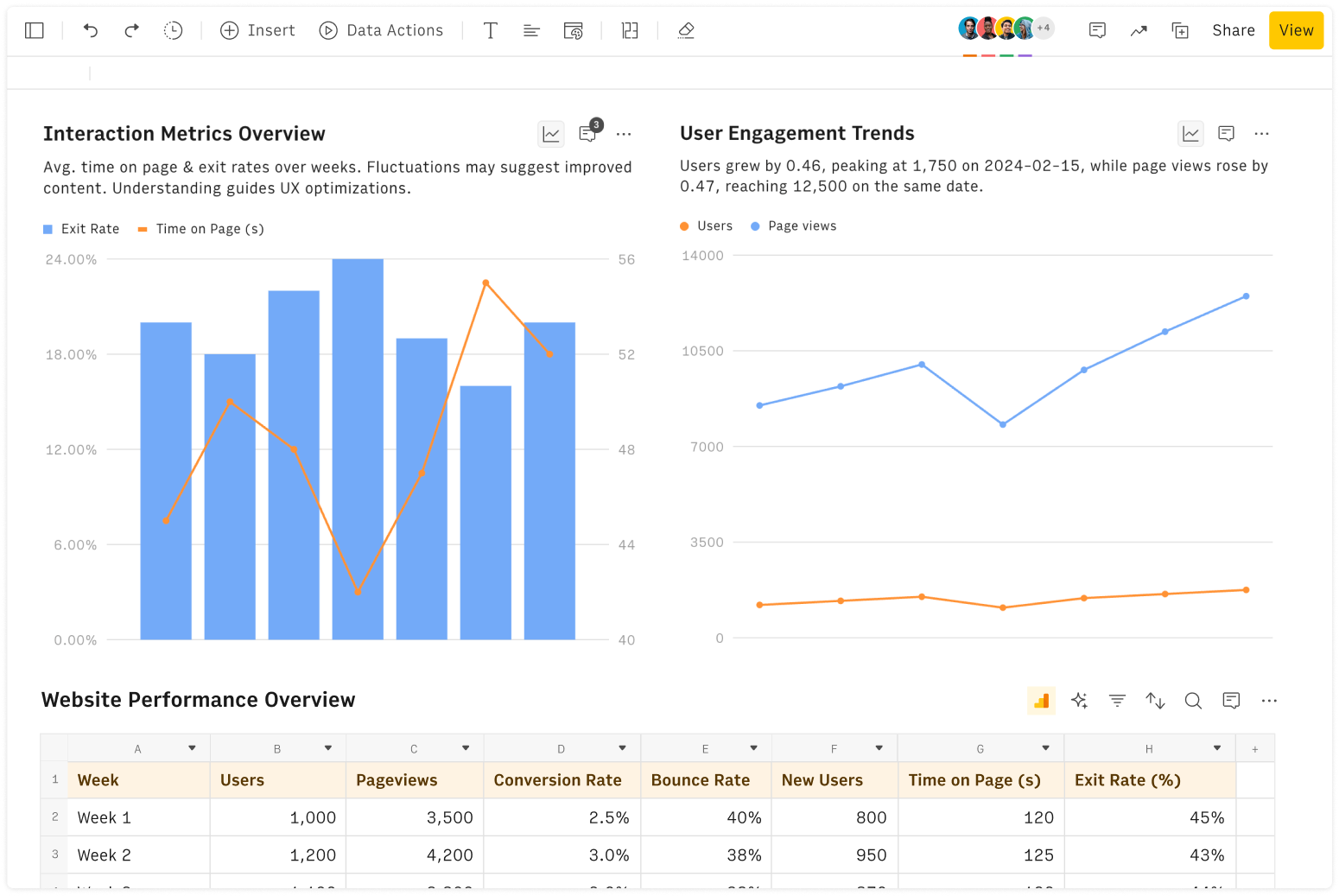Our Salary to Hourly Wage Calculator allows you to determine your hourly wage based on your annual salary and weekly working hours.
The calculator assumes the standard workweek is 40 hours long. However, you can configure this according to your needs. Secondly, we assume that a year is 52 weeks long, and a month is 1/12 of a year.
All you need to do it to input your annual gross salary and set your hours per week: the calculator will then provide you with the following data:
Monthly wage = Annual salary / 12
Weekly wage = Annual salary / 12
Daily wage = Weekly wage / 5
Hourly wage = Weekly wage / Hours per week
In Europe, paycheck practices may differ from country to country. However, there are some general practices that are worth noting. Most European countries require employers to provide paid vacation days. The amount of vacation days varies from country to country but typically ranges from 20 to 30 days per year.
In the US, instead, vacation days policies vary greatly by company and industry. The Fair Labor Standards Act (FLSA) does not require payment for time not worked, such as vacations, sick leave, or federal or other holidays. They are usually matters of agreement between an employer and an employee. However, most of American employers offer some common benefits, such as:
Two weeks of paid vacation per year, which is typically accrued over time. Public holidays such as Christmas, Thanksgiving, and Independence Day are included.
PTO (Paid Time Off) policy: Some companies have a PTO policy, which combines vacation days, sick days, and personal days into one bucket. This allows employees to use their time off as they see fit, without having to worry about different categories of time off.
Additionally, many European countries have a standard workweek of 35 to 40 hours. However, some countries may have shorter or longer workweeks. For example:
In 2018, a New Zealand-based company called Perpetual Guardian conducted an experiment where employees worked four days a week instead of five. The experiment was a success, with employees reporting improved work-life balance, productivity, and job satisfaction.
Sweden: A trial was conducted where employees at a nursing home were switched to a six-hour workday instead of the traditional eight hours. The trial resulted in increased productivity, better quality of care, and reduced sick leave among employees
In 2019, Microsoft Japan conducted an experiment where employees worked four days a week instead of five. The experiment resulted in a 40% increase in productivity and a 23% reduction in electricity consumption
In terms of insurance, most European countries require employers to provide some form of health insurance for their employees. This insurance may cover medical expenses, sick leave, and disability benefits. Some countries may also require employers to provide additional insurance, such as unemployment insurance or pension plans.







